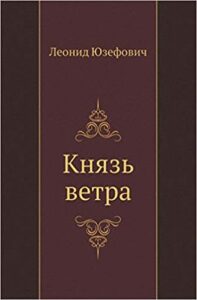
Dmitrii Bykov
Dmitrii Bykov is maybe one of the most popular and prolific writers in Russia today but is not known to the broad public in the West as much as Pelevin, Ulitskaia or Sorokin. It is not surprising: his works are not translated into English. The epoch of his discovery in the West is coming after the appearance of the first translations of his works: the novel Living Souls was translated in 2011 by Cathy Porter for publishing by Alma Books.
But in Russia Bykov’s status is unique. Nick Harkaway after the conversation with him noted: Bykov is elemental; a huge man with a huge voice and huge passion. In Russia he’s basically a rockstar – radio host, biographer of Pasternak, novelist, poet, TV personality… he’s a kind of cross between Melvyn Bragg and Bob Geldoff; a cultural force who takes delight in causing outrage to enlighten“.
Indeed, the writings and the personal qualities of Bykov put him in the center of public attention in Russia. This is due not only to his unquestionably huge literary talent, but also to the magnetism of his personal appeal which has made him “a cultural force”, or as Rachel Polonsky noted in recent article for “The New York Review of Books ” the citizen poet”.
Dmitrii Lvovich Zilbeltrud (Bykov is his alias) was born in 1967 in Moscow. It was the year of the 50th anniversary of the Communist revolution in the Soviet Union celebrated with a big pomp. Paraphrase his words, it could be considered as the sign of his future fate: it influenced his formation as a person and his interest in the history of Russia in some “mystic ways”.
 After school Bykov spent two years in military service. Bykov remembered it with his usual irony: “Well, speaking frankly – my most honorable honorarium was a regular double portion of food in the Soviet Army, where I served for two years like most Soviet students. That was my pay for the rhymed letters which I had been writing for our regiment’s cook who was in love with a romantic schoolgirl. . [ http://www.almabooks.com/page.html?id=26]
After school Bykov spent two years in military service. Bykov remembered it with his usual irony: “Well, speaking frankly – my most honorable honorarium was a regular double portion of food in the Soviet Army, where I served for two years like most Soviet students. That was my pay for the rhymed letters which I had been writing for our regiment’s cook who was in love with a romantic schoolgirl. . [ http://www.almabooks.com/page.html?id=26]
He graduated from Moscow University in 1991 with the degree in journalism, and started to work in Sobesednik and Vremechkoand also to cooperate with Ogonyok – famous pro-democratic media outlet in Russia at that time.
The Soviet Union ceased to exist in 1991. However, Bykov’s fascination with the processes of the formation of the Soviet state emerged in almost all his novels. Even more, the global changes in Russian culture and the fates of many remarkable people who happened to live during these unfortunate times in Russia became the major focus of his literary works. Bykov started to write prose in the early 90s. On the question what led him into writing, he answered:
“I really don’t know. I understand only that the reasons for this strange choice are mysterious and dramatic. Balanced and self-satisfied people tend to do something else. Maybe I clearly realized from early childhood that I wouldn’t do well in any other sphere of activity. Maybe the only reason for writing is a fear of death. Maybe – and this version sounds preferable – I was too fond of reading and understood even before school that writing was the only serious and powerful way to influence things: all other methods are expensive, traumatic and temporary.[ http://www.almabooks.com/page.html?id=26}
One of the most famous representatives of the so called modern Russian “Magical Historism”, Bykov produced bestsellers with frequency. Among them: Justification («Оправдание», 2001), Orthography ( “Орфография”, 2003), Removal Service («Эвакуатор», 2005) ZhD («ЖД», 2006) Ostromov,(2011) Boris Pasternak («Борис Пастернак», 2005) were all acclaimed by the critics and received broad recognition among the public in Russia. Bykov also published six books of poetry.
Probably one of the major characteristics of some of his novels could be described as the attempt to create the whole new reality in his books, and recreate the history of the Soviet Union through the “magical” (metaphysical) point of view. Modern Russian critics often consider this kind of literature as the departure from the traditional spheres of the literary interest such as “psychology or the social analysis of everyday (meaning contemporary) life” (Mark Lipovetsky and Alexander Etkind. “The Salamander’s Return” in Russian Studies in Literature, vol. 46, no. 4, fall 2010, p.7.) Association with the “Magical Historism” in their eyes is clear departure from the traditional literature: “ Such post-Soviet authors as Pelevin, Sharov, Sorokin, and Dmitrii Bykov are indeed heirs to the “junior branch” of late Soviet and anti-Soviet literature (the Andrei Siniavsky branch). Those authors’ greatest vested interest lies in two spheres of human experience, which they combine in strange and shocking permutations. The spheres are history and religion.”
However the influx of the religious ideas into the writing and the historical approach to the literary work is continuation of the traditions of the great Russian classic writers and as such could be only welcomed. It answered to the demand of Russian society in clear understanding of the processes that led to the disaster of the Soviet period in the history of Russia. Bykov offers his version. Together with his bright literary talent, scholar’s knowledge of Soviet history, it creates the phenomenon of Bykov’s popularity in Russia and makes his novels bestsellers.
Especially it appeared in his recent work Ostromov whichwon the National Bestseller prize in 2011. In his own words “It’s a novel about the 1920s, about the so-called “Case of the Leningrad Freemasons” – their trial, banishment and further adventures. Some more words in addition: being based on real facts, this novel – called The Pupil of the Magician (– is a strange mixture of mystic, picaresque and satiric prose, something between The Master and Margarita and the Twelve Chairs, but more sentimental and surely much worse.”
The opening lines of Ostromov are striking and one immediately becomes enveloped in the narrator’s story:
Part One. Spring:
“There exist houses where nobody has been happy.
Such house is not glad to itself. It stays at the town’s outskirts, at the end of a crooked street, blocking it and by itself meaning a dead end. Behind it is the ravine, burdock, the umbrellas of angelica, goutweed, the rusty carcasses of the beds, overgrown lilac, where sometimes you find something that after you can not even remember the idea of the lilac without a chill. There is the end of the city, the beginning of the chaos. Everyone who walks in there wants to leave.
Such a house stays aside from life, in a wrinkle of time, built by gloom, a grim man, who made the shameful mistake at the moment of his birth and realized that it was not possible to correct it. He builds it for his family to torment his wife and to tyrannize his kids. Or for the office where he intends to do bitter and meaningless business; or it could happen that the priest who doesn’t believe in God moves in…”
[Translated by Oleg Dimov]
This genre is not unusual in Russian literature; Bykov remembered Bulgakov as one of his predecessors and indeed his writing continues the traditions of beloved by Russians Master and Margarita. There are also other writers working in this genre: such as Sorokin.
Not only in the fiction, but also in his biographical works, Bykov understands Russian history as the scene of the powerful and incomprehensible interactions. His books are intriguing and make you to re-think old clichés, as it happens with his acclaimed biography of Boris Pasternak which was published in 2005 in the series Zhizn’ Zamechatel’nikh liudei and became a bestseller. It was the first time that a biography of a writer became a bestseller in Russia. It was written in a wonderful language, and not only his literary skill or the knowledge of the details of Pasternak’s life made the biography a bestseller. The biography was written through the prism of joy of the literary genius of Pasternak: maybe for the first time in history Pasternak’s life was portrayed as the joyful life even in the terrible circumstances of his fate and the fate of his country. As if the gift of Pasternak’s poetry went into the written words of Bykov. His analysis of Doctor Zhivago was outstanding but was not accepted by all critics:
“Doctor Zhivago is a symbolist novel written after symbolism. Pasternak himself called it a tale. The book undoubtedly ‘went through Pasternak ’because he was one of few survivors. It had to appear – because somebody needed to rethink the history of the last fifty years of Russian history from the position of symbolic prose which is paying attention not to the events but to their origins. But this kind of interpretation could be possible only in the second half of the century, with the account of everything that these events brought. The failure of the Hozhdenie po mukam was an indication of it. We have to admit that only one full novel about the Russian revolution exists- written by Pasternak, because his book was written not about people and events, but about the powers which preside over the people, and the events, and the author himself.
Only from this point of view should we look at this book. The novel of Pasternak is a parable full of metaphors and exaggerations. It is unreliable, as life is unreliable at the mystic historic turning point.
The novel’s plot is simple and its symbolic plan is obvious. Laura – Russia – combines unpreparedness to life with the amazing domestic alertness, there are the fatal women and the fatal country attracting the dreamers, adventurers, and poets…
Yuri Zhivago in the impersonation of Russian Christianity of which the main characteristics according to Pasternak were sacrifice and generosity, (Bykov. Pasternak, p.721-723.)
Public activity
Some words should be said about Bykov’s public activities. His many appearances in the media and his public activity create the image of a powerful writer involved in the life of his country and willing to influence the social and political processes in Russia. Bykov has periodically hosted a show on the radio station Echo of Moscow, and he was one of the hosts of an influential TV show Vremechkotill 2008.
 In 2005 he published the New Russian Tales’ How Putin became the president of the United States’ – his attempt to renew the genre of satiric prose, invented by Saltykov-Shchedrin: “in 1999 I began without any hope for the fast publication to write the New Russian tales… In Russia this genre was invented by Shchedrin, reinvented by Gorky, and renewed by your servant’.
In 2005 he published the New Russian Tales’ How Putin became the president of the United States’ – his attempt to renew the genre of satiric prose, invented by Saltykov-Shchedrin: “in 1999 I began without any hope for the fast publication to write the New Russian tales… In Russia this genre was invented by Shchedrin, reinvented by Gorky, and renewed by your servant’.
His personal appeal to mass media could be seen as evidence of Bykov’s motivation to make a statement about the current state of affairs in Russia, and it was accepted by the public. Especially important was his appearance at many public events in the context of the recent mass manifestations in Russia at the end 2011 and – beginning of 2012.
It appears that nowadays you can see Bykov anywhere: at the manifestations waving the flags, in social media where his page is extremely popular with the readers, in video-clips etc. It manifests his credo: writing as a way of influencing modernity and challenging the traditional views of history and the role of the person in history.
By Elena Dimov. Edited by Bud Woodward.
On youtube.com
Bykov is reading his poem “I was not happy in my life for one minute.”..



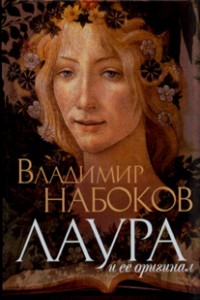
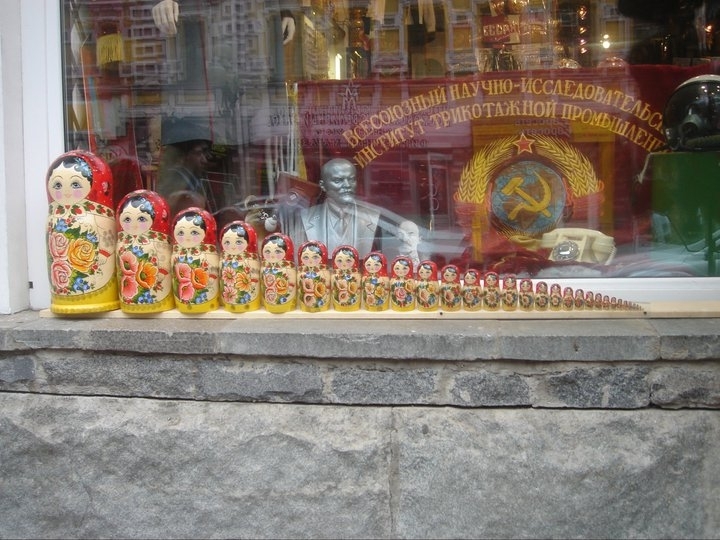

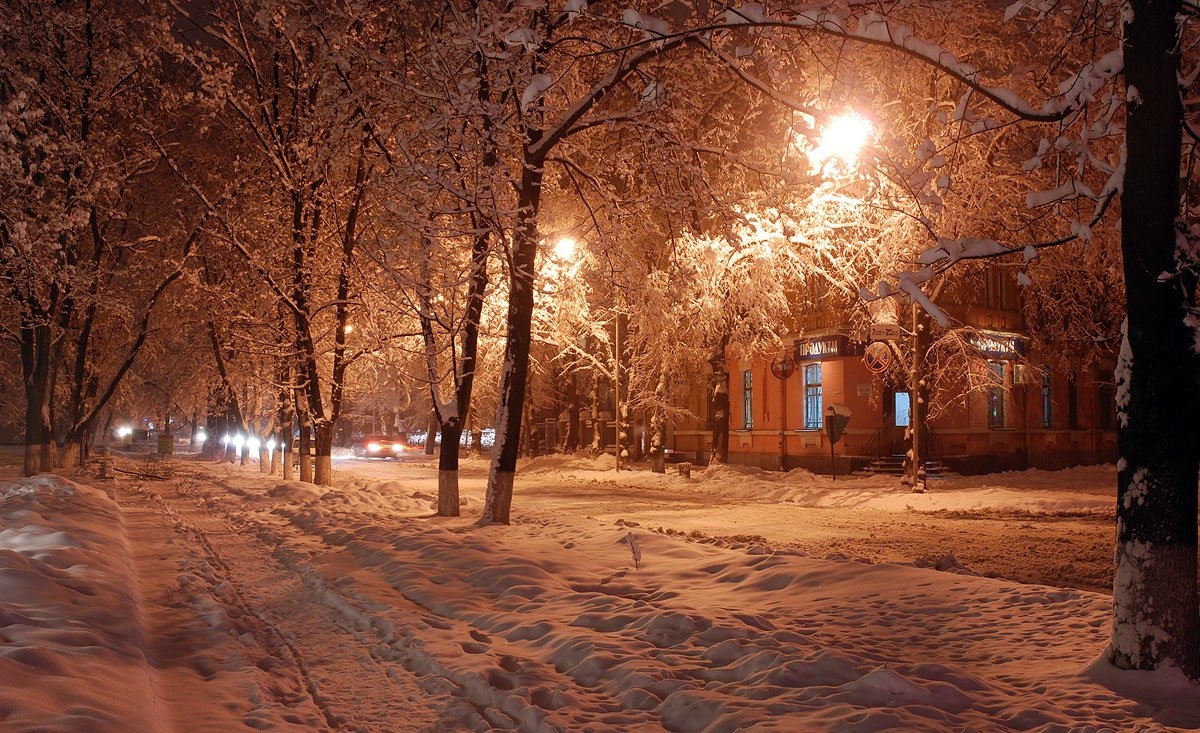


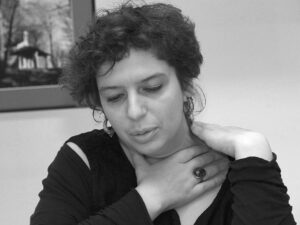
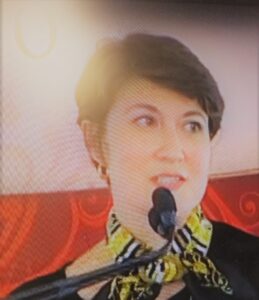 was educated at Pushkin Museum of Fine Arts and Moscow State University before receiving a scholarship to Emory University in 1989. She graduated from Emory in 1993. She became a naturalized US citizen in 2002, but retains Russian citizenship. Since coming to the United States, she has been an interpreter for President Jimmy Carter, a cocktail waitress in a jazz bar, a translator at the World Bank, a research analyst at a Washington law firm, an editor at Harvard University’s Dumbarton Oaks Research Library and Collection. She is the author of three previous novels, Forty Rooms, The Line and The Dream Life of Sukhanov. Her debut novel, The Dream Life of Sukhanov, won the New York Public Library Young Lions Fiction Award, earned her a place on Granta’s once-a-decade Best Young American Novelists list, and was one of The New York Times’ Notable Books of the Year. Both it and The Line were among The Washington Post’s Ten Best Books of the Year. Grushin writes in English, and her work has been translated into sixteen languages. Her latest novel The Charmed Wife was published in 2021. A citizen of Russia and the United States, Grushin lives outside Washington, D.C.
was educated at Pushkin Museum of Fine Arts and Moscow State University before receiving a scholarship to Emory University in 1989. She graduated from Emory in 1993. She became a naturalized US citizen in 2002, but retains Russian citizenship. Since coming to the United States, she has been an interpreter for President Jimmy Carter, a cocktail waitress in a jazz bar, a translator at the World Bank, a research analyst at a Washington law firm, an editor at Harvard University’s Dumbarton Oaks Research Library and Collection. She is the author of three previous novels, Forty Rooms, The Line and The Dream Life of Sukhanov. Her debut novel, The Dream Life of Sukhanov, won the New York Public Library Young Lions Fiction Award, earned her a place on Granta’s once-a-decade Best Young American Novelists list, and was one of The New York Times’ Notable Books of the Year. Both it and The Line were among The Washington Post’s Ten Best Books of the Year. Grushin writes in English, and her work has been translated into sixteen languages. Her latest novel The Charmed Wife was published in 2021. A citizen of Russia and the United States, Grushin lives outside Washington, D.C.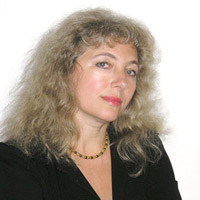 Bio: Olga Isaeva is a writer, journalist, laureate of the Russian America contest, and participant of the Moscow Poetry Biennale 2007. She was born in Kazakhstan in 1958 and graduated from the Krupskaya Moscow Pedagogical Institute. Before immigrating to the USA, Isaeva worked as a high school teacher. Since 1988, she has lived in New York. She has published her work in the Russian and émigré magazines Novy Zhurnal, Time and Us, Word, Interpoeziya, New Youth.
Bio: Olga Isaeva is a writer, journalist, laureate of the Russian America contest, and participant of the Moscow Poetry Biennale 2007. She was born in Kazakhstan in 1958 and graduated from the Krupskaya Moscow Pedagogical Institute. Before immigrating to the USA, Isaeva worked as a high school teacher. Since 1988, she has lived in New York. She has published her work in the Russian and émigré magazines Novy Zhurnal, Time and Us, Word, Interpoeziya, New Youth.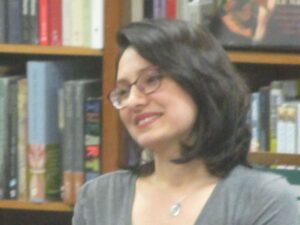
 Bio: Irina Muravyova was born in 1952 in Moscow. She immigrated to the United States in 1985 and currently lives in Boston. Muravyova has several books of prose to her credit. Her novel The Angel’s Day covers history of three generations of Russian émigrés, her Young Lady is a finalist for the Bunin Prize. Muravyova’s novel, Beatrice’s Reflection (2012) examines Dante’s life through his love at first sight for Beatrice.
Bio: Irina Muravyova was born in 1952 in Moscow. She immigrated to the United States in 1985 and currently lives in Boston. Muravyova has several books of prose to her credit. Her novel The Angel’s Day covers history of three generations of Russian émigrés, her Young Lady is a finalist for the Bunin Prize. Muravyova’s novel, Beatrice’s Reflection (2012) examines Dante’s life through his love at first sight for Beatrice.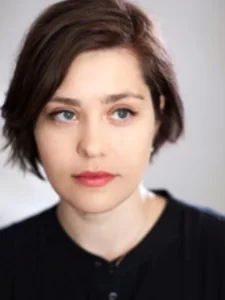


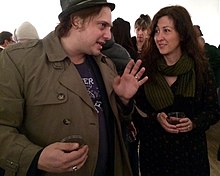
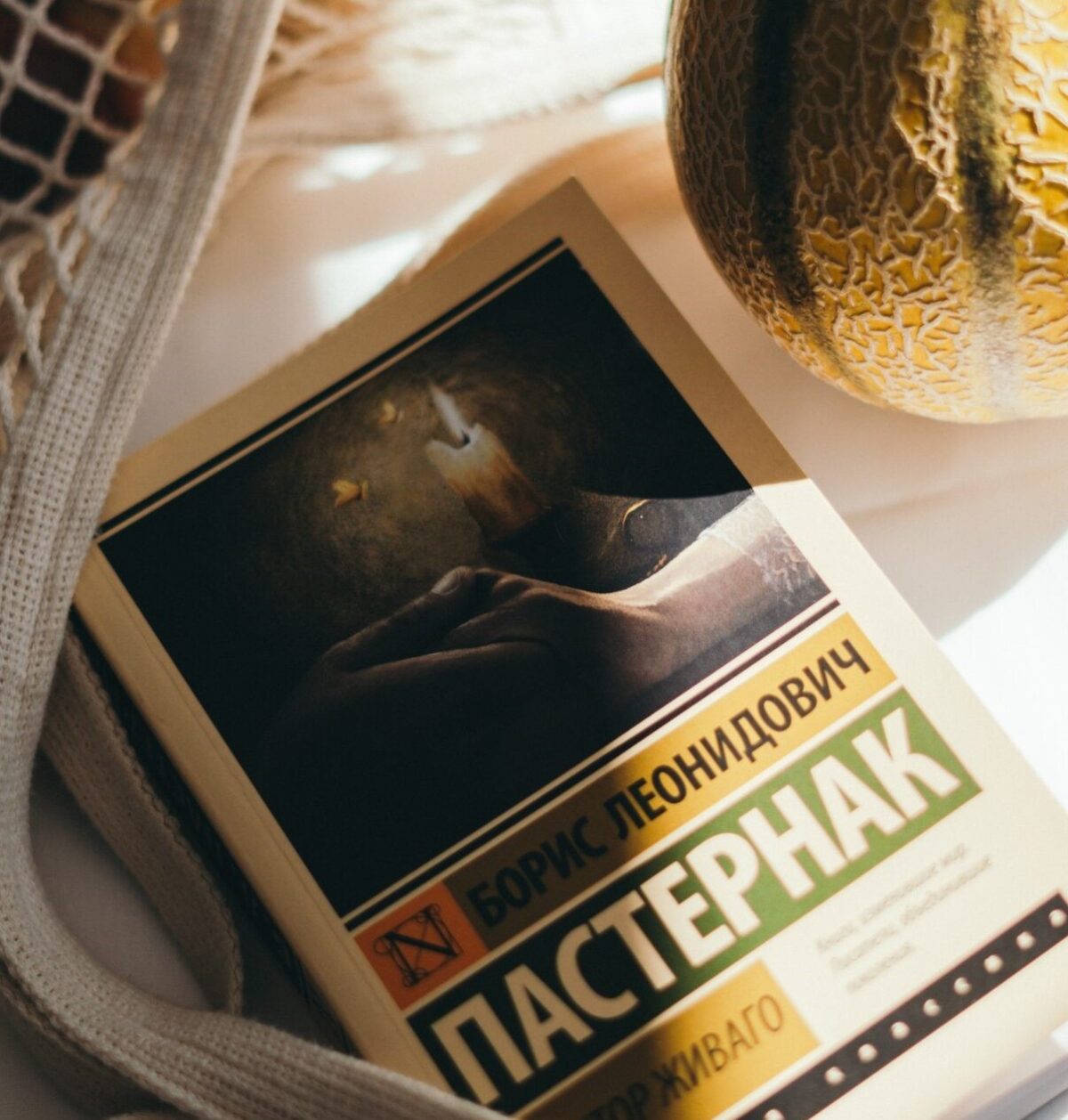
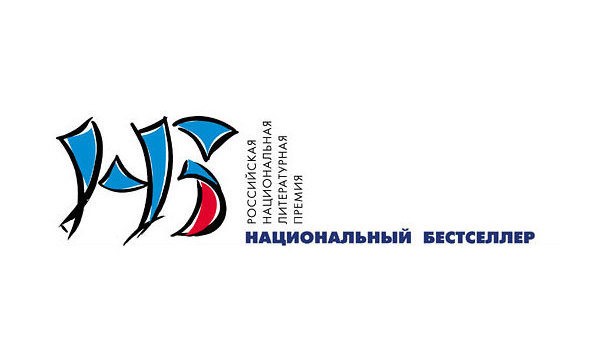
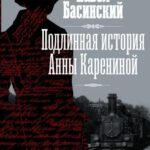 Pavel Basinskii. Podlinnaia istoriia Anny Kareninoi. M.: AST, 2022.
Pavel Basinskii. Podlinnaia istoriia Anny Kareninoi. M.: AST, 2022.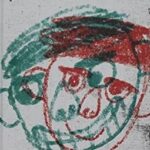 Islam Khanipaev. Tipa ya. Dnevnik superkrutogo voina. M: Alpina – non fikshn, 2021.
Islam Khanipaev. Tipa ya. Dnevnik superkrutogo voina. M: Alpina – non fikshn, 2021.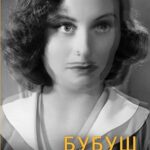 Iuliia Kisina. Bubush. M.: AST, 2021.
Iuliia Kisina. Bubush. M.: AST, 2021. 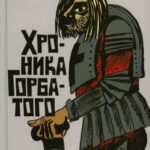
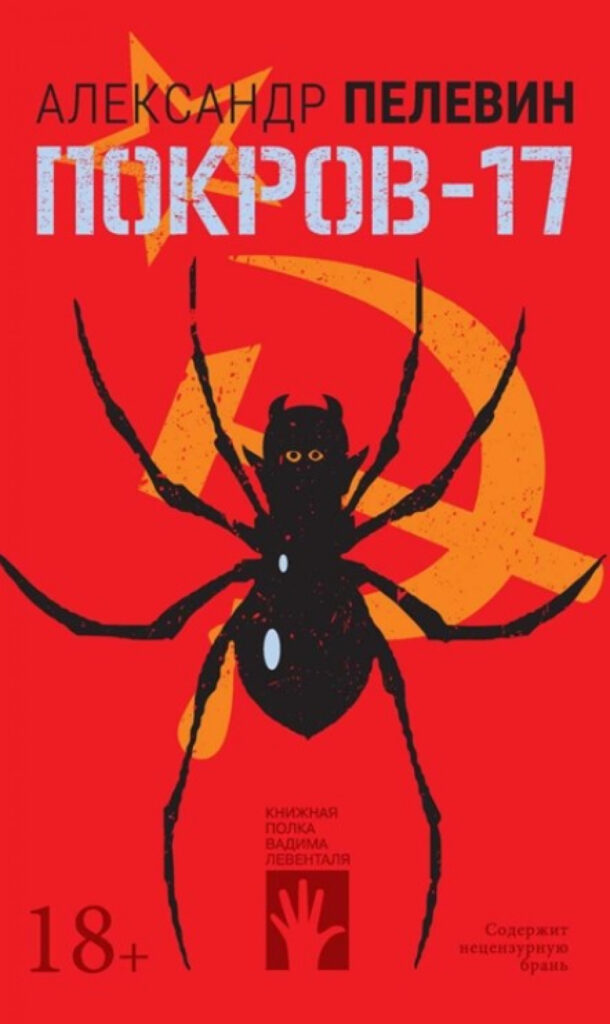
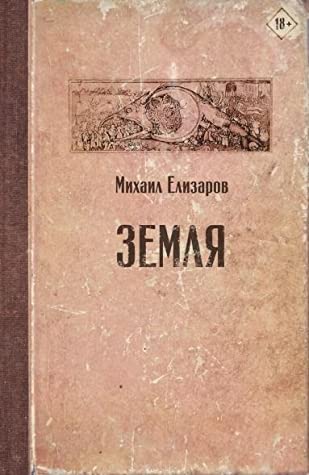
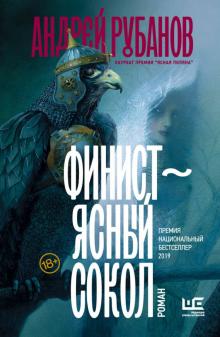 Andrei Rubanov. Финист – ясный сокол. (Finist -Yasnyi Sokol) M.: Redaktsiia Eleny Shubinoĭ, 2019, 576 p.
Andrei Rubanov. Финист – ясный сокол. (Finist -Yasnyi Sokol) M.: Redaktsiia Eleny Shubinoĭ, 2019, 576 p.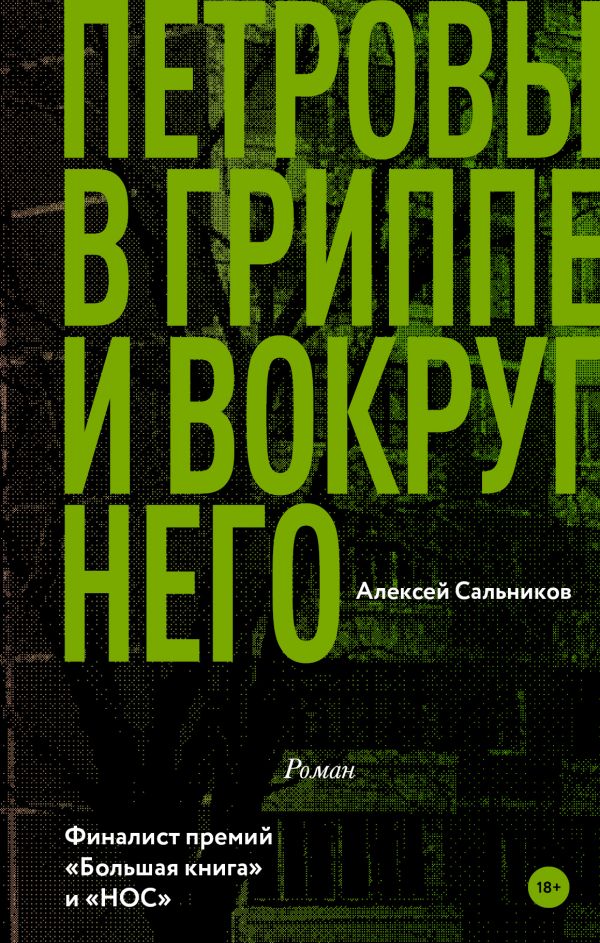 Aleksei Salnikov. Петровы в гриппе и вокруг него. (Petrovy v grippe i vokrug nego) M.: Redaktsiia Eleny Shubinoĭ; Izdatelʹstvo AST, 2018, 411 p.
Aleksei Salnikov. Петровы в гриппе и вокруг него. (Petrovy v grippe i vokrug nego) M.: Redaktsiia Eleny Shubinoĭ; Izdatelʹstvo AST, 2018, 411 p.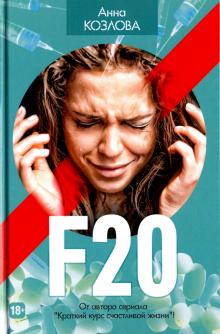 Anna Kozlova. F20. (F20). M.: Ripol-Klassik, 2016, 240 p.
Anna Kozlova. F20. (F20). M.: Ripol-Klassik, 2016, 240 p.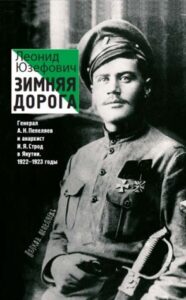 Leonid Yuzefovich. Зимняя дорога. (The Winter Road). M.: ACT, 2015, 432 p.
Leonid Yuzefovich. Зимняя дорога. (The Winter Road). M.: ACT, 2015, 432 p. Sergei Nosov. Фигурные скобки.
Sergei Nosov. Фигурные скобки. 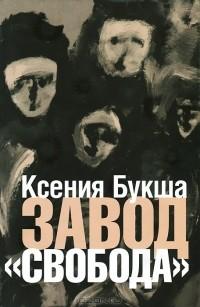
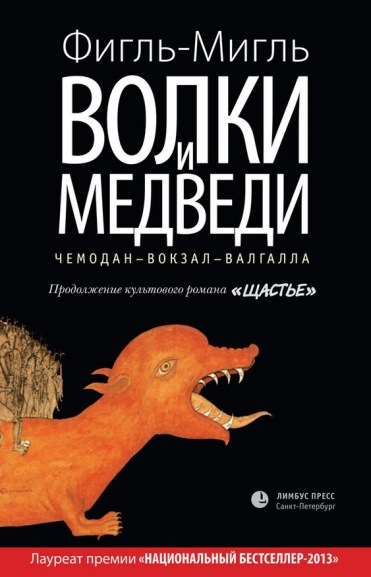
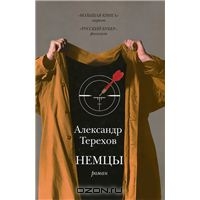 Alexander Terekhov.
Alexander Terekhov.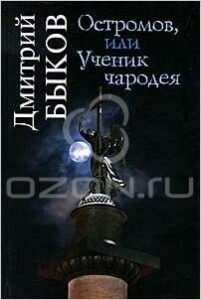 Dmitry Bykov. Остромов, или Ученик чародея. (
Dmitry Bykov. Остромов, или Ученик чародея. (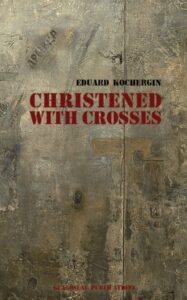 Eduard Kochergin.
Eduard Kochergin. 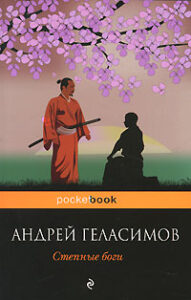 Andrey Gelasimov. Степные боги. (
Andrey Gelasimov. Степные боги. ( Zahar Prilepin. Grekh. (
Zahar Prilepin. Grekh. (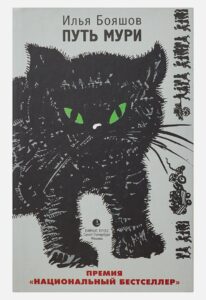 Ilia Boyashov. Path of Moori.
Ilia Boyashov. Path of Moori.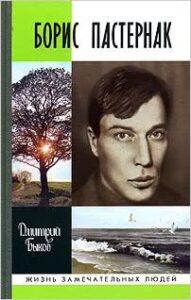 Dmitry Bykov.
Dmitry Bykov. 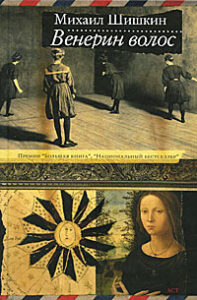 Mikhail Shishkin.
Mikhail Shishkin. 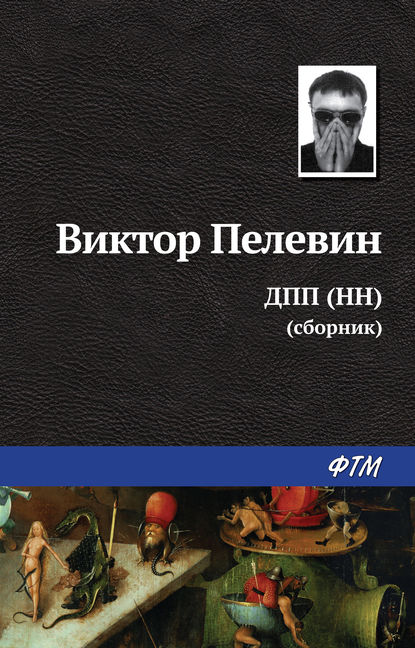 Victor Pelevin. “DPP.NN.” (DPP.NN. Dialektika perehodnogo perioda) M.: Eksmo, 2003.
Victor Pelevin. “DPP.NN.” (DPP.NN. Dialektika perehodnogo perioda) M.: Eksmo, 2003.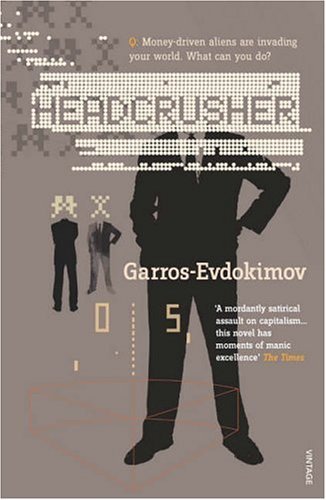 Alexander Garros- Alexei Evdokimov. Headcrusher . (Головоломка)
Alexander Garros- Alexei Evdokimov. Headcrusher . (Головоломка)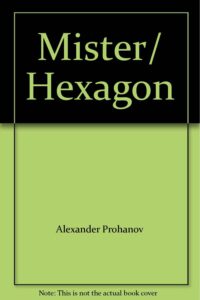 Alexander Prohanov. Mr. Hexogen. (Mr.Hexagon).
Alexander Prohanov. Mr. Hexogen. (Mr.Hexagon).